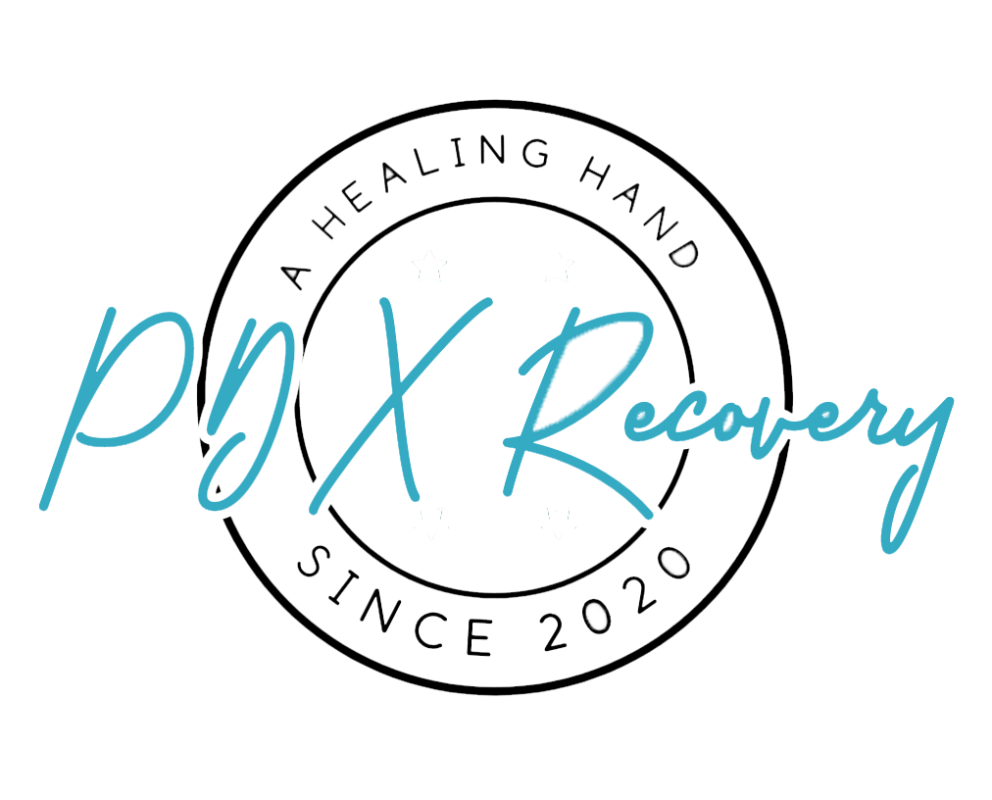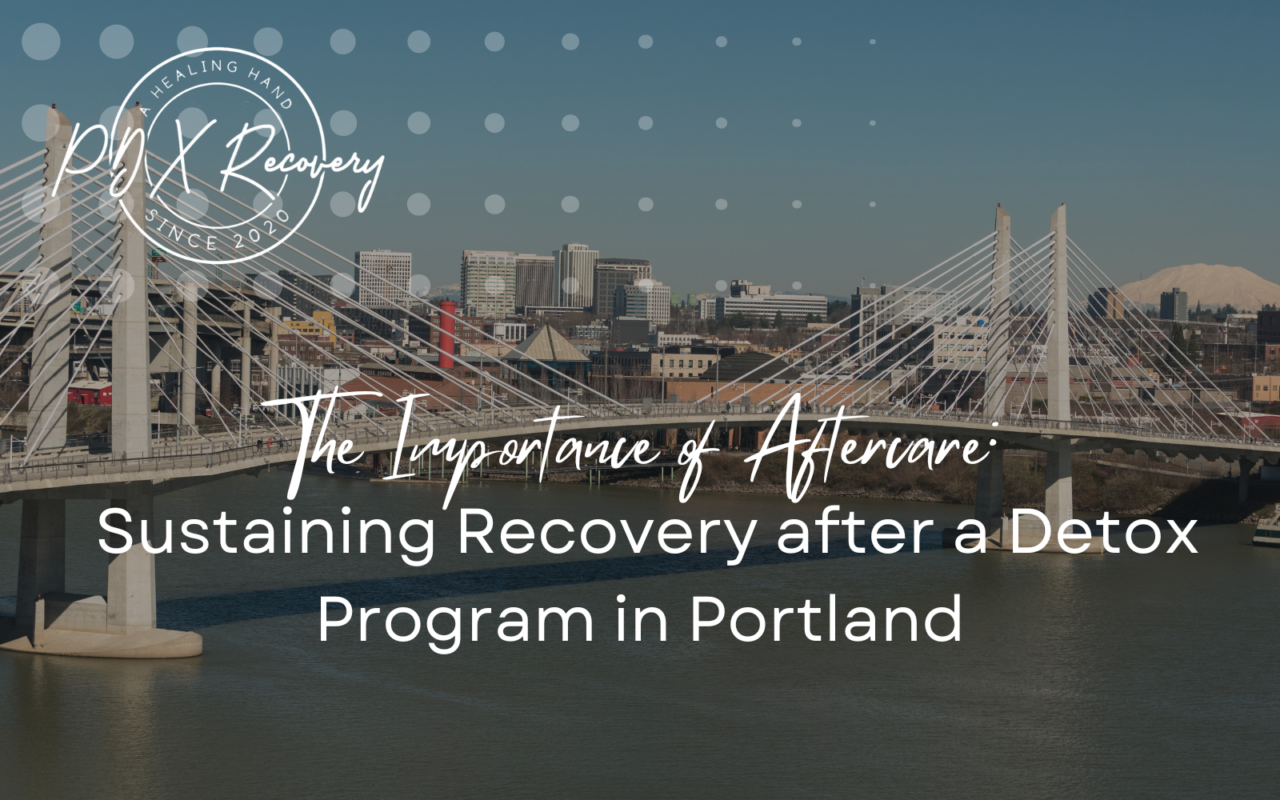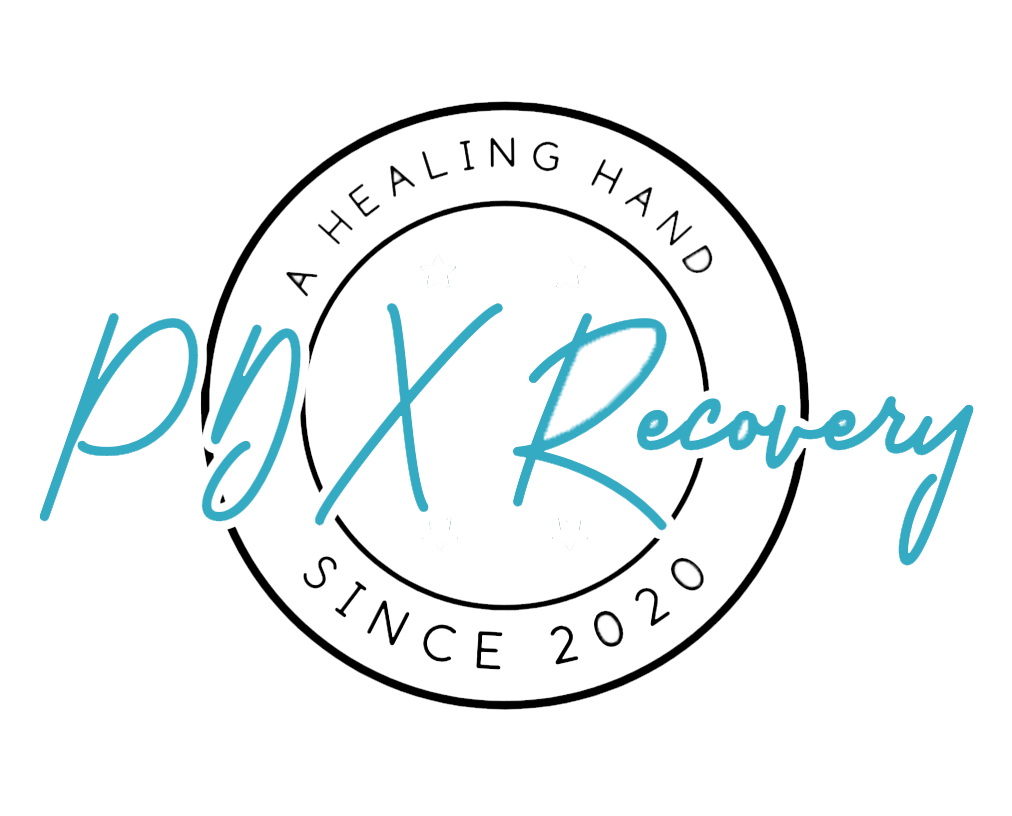Embarking on a detox program in Portland is a significant first step toward reclaiming your life from addiction. But, let’s be honest: detox is just the tip of the iceberg. What comes after detox, known as aftercare, is where the real journey begins. At PDX Recovery, we understand that sustaining recovery requires a robust support system, ongoing therapy, and a solid plan to navigate the post-detox landscape.
Why Aftercare Matters
Aftercare is the phase of treatment that follows the initial detox program. It’s crucial because it addresses the underlying issues that contribute to addiction and equips individuals with the tools needed to maintain sobriety. Here’s why aftercare is essential:
- Relapse Prevention: The risk of relapse is particularly high during the early stages of recovery, when individuals are still adjusting to their new sober lifestyle and may face triggers that remind them of past substance use. Aftercare programs play a crucial role in providing continuous support through regular check-ins, counseling sessions, and group meetings, all of which help to reduce the likelihood of returning to substance use. This ongoing assistance helps individuals develop strategies for coping with cravings and managing stressors that could lead to relapse.
- Emotional Support: Going through detox can often feel like an emotional rollercoaster, triggering a wide range of feelings from anxiety and sadness to anger and frustration. Aftercare programs offer a safe and supportive environment for individuals to express these emotions, allowing them to process their experiences in a healthy way. This emotional support fosters resilience and encourages participants to develop healthier coping mechanisms, making it easier to navigate the ups and downs of recovery.
- Life Skills: Learning new coping mechanisms and essential life skills is vital for maintaining a sober lifestyle. Aftercare programs often include training in areas such as stress management, communication, and decision-making. By teaching participants how to handle everyday challenges without resorting to substance use, these programs empower individuals to lead fulfilling lives. Workshops and skill-building activities provide practical tools that are essential for long-term success in recovery.
- Community Connection: Building a strong network of sober friends and mentors can profoundly impact an individual’s ability to maintain recovery after a detox program in Portland. Aftercare programs facilitate opportunities for participants to connect with others who share similar experiences and goals. These relationships can provide encouragement, accountability, and a sense of belonging, all of which are vital components in the recovery journey. Engaging with a community of support can help individuals feel less isolated and more motivated to continue on the path to sobriety.
Components of Effective Aftercare Programs
An effective aftercare program is comprehensive and tailored to meet individual needs. Here are the key components:
1. Individual Counseling
Personalized therapy sessions play a crucial role in addressing specific issues related to addiction and recovery. These one-on-one interactions with a trained counselor can be incredibly beneficial, as they allow individuals to delve deeply into their personal experiences. Understanding individual triggers—whether they stem from past trauma, stress, or social situations—is key to developing effective coping strategies. This tailored approach fosters a safe space where clients can express their thoughts and emotions without judgment, ultimately leading to a stronger foundation for recovery.
2. Group Therapy
Sharing experiences with others who are on a similar journey can create a profound sense of community and belonging. Group therapy sessions after a detox program in Portland not only offer emotional support but also help reduce feelings of isolation that often accompany addiction. Participants have the opportunity to learn from others’ experiences, gaining insights and encouragement while fostering empathy. This shared journey can significantly enhance the recovery process, as individuals realize they are not alone in their struggles and can lean on one another for strength.
3. Sober Living Homes
Sober living homes provide a structured, supportive environment crucial for those transitioning from a detox program. These homes are designed to offer stability and a sense of normalcy in a drug-free setting, allowing individuals to focus on their recovery. Residents benefit from peer support, as they live with others who share similar goals and values. The structure provided by sober living homes encourages accountability and helps individuals develop life skills, promoting a healthier lifestyle and maintaining their sobriety in the long term.
4. Continued Education
Workshops and classes on topics such as stress management, healthy relationships, and vocational skills play a vital role in empowering individuals in recovery. These educational opportunities equip participants with practical tools and knowledge that can greatly enhance their quality of life post-detox program in Portland. By focusing on personal development and fostering skill-building, individuals are better prepared to reintegrate into society, pursue meaningful careers, and establish healthier relationships, all of which contribute to a fulfilling life.
5. Family Therapy
Addiction doesn’t just affect the individual; it impacts the entire family unit. Family therapy serves as a critical component of the recovery process, helping to repair strained relationships and educate loved ones about the complexities of addiction. By engaging in guided conversations, families can address unresolved issues, improve communication, and create a supportive home environment that encourages healing for everyone involved. This collaborative approach ensures that the family system is strengthened, providing a robust support network for the recovering individual.
6. Regular Check-ins
Consistent follow-up appointments with healthcare providers are essential for ensuring that individuals stay on track with their recovery goals after a detox program in Portland. These regular check-ins allow for open dialogue about challenges faced and progress made, enabling healthcare professionals to adjust aftercare plans as needed. By maintaining ongoing support, individuals are better equipped to navigate the ups and downs of recovery, reinforcing their commitment to sobriety and overall well-being. Regular assessments also help identify any emerging issues early on, allowing for timely interventions and support.
The Role of Community in Aftercare
Portland’s vibrant recovery community can be a significant asset in aftercare. Engaging with local support groups, participating in community events, and volunteering can help individuals build a new identity centered around sobriety. PDX Recovery encourages participation in:
- 12-Step Programs: Meetings like Alcoholics Anonymous (AA) or Narcotics Anonymous (NA) provide a supportive community where individuals can share their experiences and challenges. These programs offer a structured approach, emphasizing accountability and personal growth, which can be instrumental in maintaining long-term sobriety after a detox program in Portland.
- Non-12-Step Groups: Alternatives such as SMART Recovery and Refuge Recovery present different philosophies and techniques for recovery, focusing on self-empowerment and evidence-based practices. These groups often encourage participants to develop their own coping strategies and emphasize the importance of personal choice in the recovery process.
- Local Events: Attending sober events or recovery-oriented gatherings, such as workshops, retreats, or social meetups, can significantly enhance an individual’s support network. These events foster a sense of belonging and help individuals connect with others who share similar experiences, providing encouragement and motivation on their journey to recovery.

Tailoring Aftercare to Individual Needs
No two recovery journeys are the same, and aftercare should reflect this diversity. At PDX Recovery, we customize our aftercare plans to fit each person’s unique situation, considering factors such as:
- Type of Addiction: Different substances, such as alcohol, opioids, or stimulants, have unique effects on the body and mind, leading to varying recovery paths. Tailoring aftercare to the specific substance involved can significantly improve outcomes by addressing the unique challenges and cravings associated with each addiction. Customizing recovery plans ensures that individuals receive the targeted support they need to navigate their specific journey.
- Mental Health Needs: Co-occurring disorders, where an individual grapples with both addiction and mental health issues like depression or anxiety, require integrated treatment approaches. This means that counseling and support services must simultaneously address both addiction recovery and mental health management, as neglecting one can hinder progress in the other. A comprehensive approach fosters a more effective healing process and encourages long-term recovery after a detox program in Portland.
- Personal Preferences: Every individual has unique preferences when it comes to therapy and support. Some may thrive in group therapy settings, where they find camaraderie and shared experiences, while others may prefer the one-on-one attention provided by individual counseling. Respecting these personal preferences is crucial, as it can enhance engagement and motivation in aftercare programs, leading to a more successful recovery journey tailored to the individual’s comfort and needs.
Overcoming Common Challenges in Aftercare
Sticking to an aftercare plan can be challenging. Common obstacles include:
- Complacency: After completing a detox program in Portland, individuals may feel a sense of accomplishment or even a false sense of being “cured.” This mindset can lead to neglecting essential aftercare routines, which are crucial for maintaining sobriety. It’s important to understand that recovery is an ongoing journey and requires continuous effort and commitment to avoid relapse.
- Isolation: Many recovering individuals may choose to withdraw from social interactions, believing it will help them avoid temptation. However, this isolation can be detrimental to their recovery process. Engaging with support groups and participating in community activities not only provides essential encouragement and accountability but also fosters a sense of belonging and connection that is vital for emotional health.
- Stress: Everyday stressors, whether from work, relationships, or financial pressures, can pose significant challenges to recovery and may trigger a relapse. It’s crucial for individuals to learn and practice effective stress management techniques, such as mindfulness, exercise, and healthy coping strategies, to navigate these pressures and maintain their commitment to sobriety.
How PDX Recovery Supports Your Journey
At PDX Recovery, we’re committed to your long-term success. Our aftercare programs are designed to provide ongoing support, encouragement, and practical tools to help you navigate life after a detox program in Portland. Here’s how we can help:
- Comprehensive Assessments: We begin our process with a thorough assessment designed to fully understand your individual needs and circumstances. This allows us to craft a personalized aftercare plan that not only addresses your specific challenges but also aligns with your long-term goals for recovery and well-being.
- Continuous Support: Our dedicated team is always available for regular check-ins and support, ensuring you never feel alone in your journey. We believe that ongoing communication and encouragement are vital, and we are committed to being your reliable partners as you navigate the ups and downs of recovery.
- Educational Resources: We offer a wealth of resources aimed at educating you and your loved ones about addiction and recovery. From informative workshops to comprehensive literature, our resources empower you with knowledge, helping to demystify the recovery process and provide practical tools for lasting change.
Final Thoughts
Completing a detox program in Portland is a monumental achievement, marking a significant milestone in the journey to recovery, but it’s only the beginning of a much larger process. The real work lies in sustaining that recovery through a well-structured aftercare program tailored to individual needs. At PDX Recovery, we believe in empowering individuals by providing them with the essential tools, unwavering support, and a strong community needed to not only maintain their sobriety but to truly thrive in their newfound lifestyle. Our aftercare initiatives include regular check-ins, support groups, and workshops designed to help individuals navigate the challenges that may arise after detox. Remember, recovery is a journey, not a destination, and we’re here to walk alongside you every step of the way, ensuring you never feel alone in this transformative process. Together, we can build a brighter future filled with hope and possibility. Call us at (971) 256-9087 or visit our website https://pdx-recovery.com/.
FAQs
Q1: Why is aftercare necessary after a detox program? Aftercare is vital because it helps prevent relapse, provides emotional support, and equips individuals with the life skills needed to maintain sobriety.
Q2: What components are included in an effective aftercare program? An effective aftercare program includes individual counseling, group therapy, sober living homes, continued education, family therapy, and regular check-ins.
Q3: How can the community support recovery after detox? Engaging with local support groups, participating in community events, and volunteering can provide a sense of connection and support.
Q4: How does PDX Recovery tailor aftercare to individual needs? We customize aftercare plans based on the type of addiction, mental health needs, and personal preferences to enhance engagement and outcomes.
Q5: What are common challenges in aftercare, and how can they be overcome? Challenges include complacency, isolation, and stress. Overcoming them involves continuous engagement in aftercare activities, building a support network, and learning stress management techniques.






